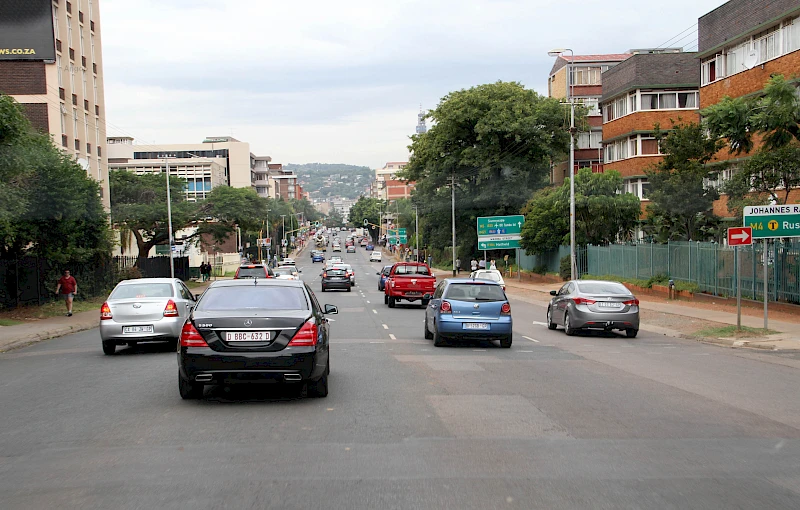South Africa’s former President Thabo Mbeki warned that the country faces the danger of protests similar to those that toppled governments in the Arab world a decade ago unless it addresses growing lawlessness and inequality.
Mbeki, who led South Africa immediately after Nelson Mandela stepped down in 1999, criticized President Cyril Ramaphosa for failing to deliver on a pledge he made Feb. 10 to provide a comprehensive social compact to boost economic growth within 100 days. The plan has yet to be announced.
“Nothing has happened, nothing,” Mbeki said in an address at a memorial for Jessie Duarte, the former deputy secretary-general of the governing African National Congress who died this month. “There is no national plan to address these challenges of poverty, unemployment, inequality - it doesn’t exist.”
South Africa is grappling with a 34.5% unemployment rate -- the highest on a global list of 82 nations monitored by Bloomberg. The Thomas Piketty-backed World Inequality Lab ranks South Africa as the world’s most unequal nation for which wealth data is available. That’s a legacy of the apartheid system that limited economic opportunities for Black South Africans, who make up about four fifths of the population. Whites-only rule ended in 1994.
South Africa will have its own version of the so-called Arab Spring unless these issues are addressed, Mbeki said, citing the trigger that first set off riots in Tunisia, an attack on a street vendor by police.
“You can’t have so many people unemployed, so many people poor,” he said. “One day it’s going to explode.”
Mbeki, who led South Africa until 2008, oversaw the strongest period of post-apartheid economic growth, expanded the welfare net and grew the Black middle class. His ascension to the presidency was at the expense of Ramaphosa, who was widely expected to succeed Mandela.
Ramaphosa’s spokesman Vincent Magwenya didn’t immediately respond to a request for comment sent by text message.
SOURCE:BLOOMBERG
































